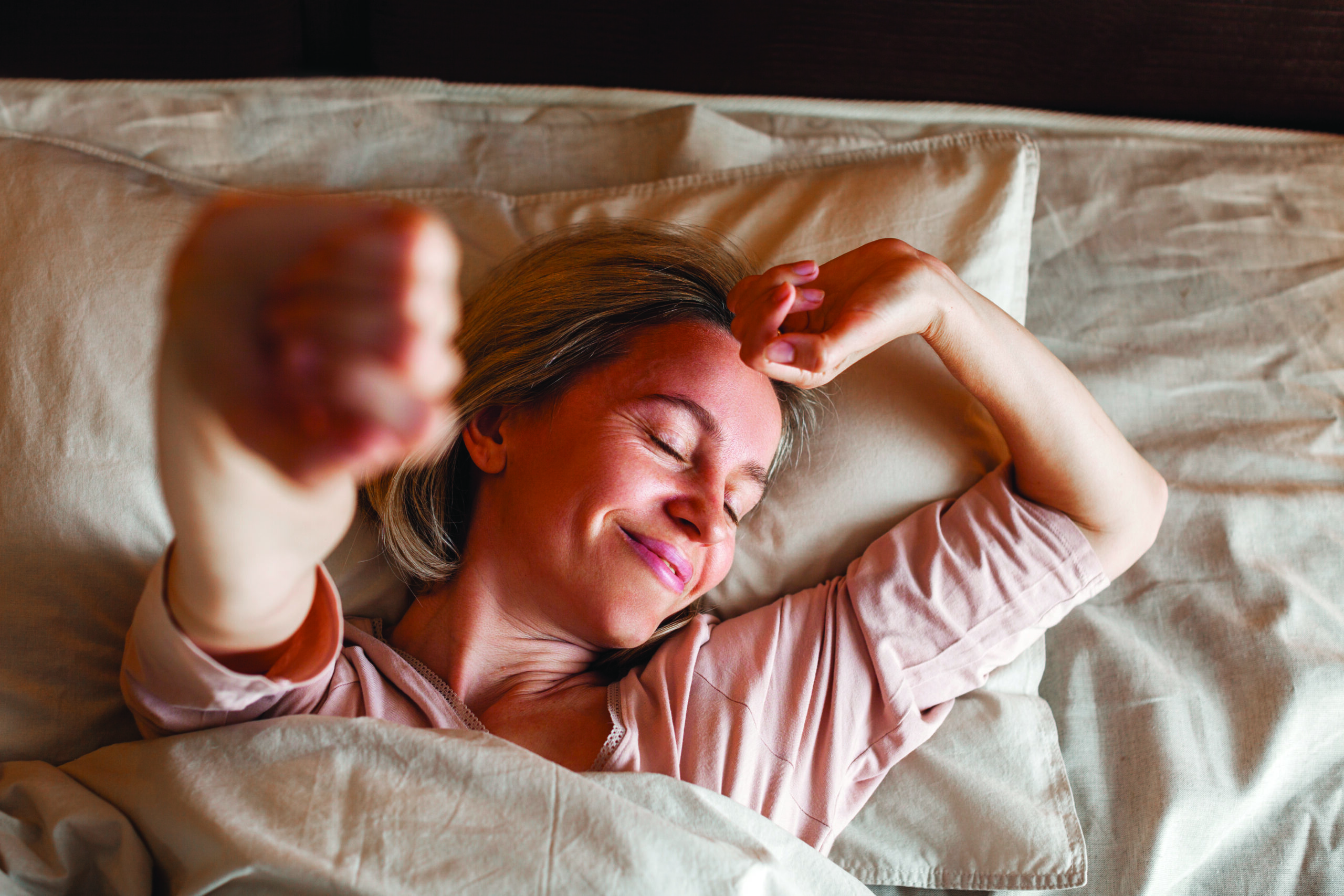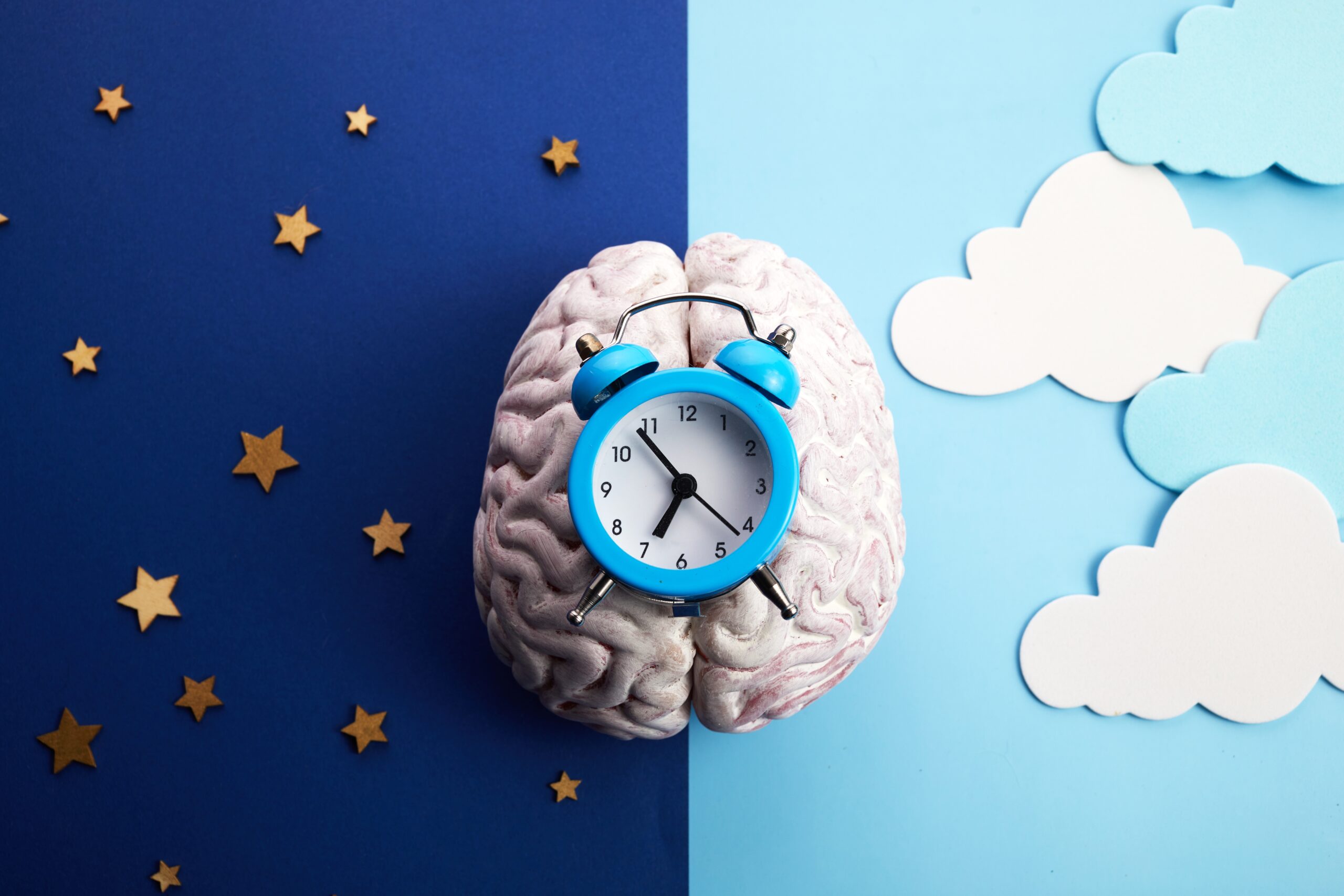Sleep is a basic human need. Few organisms on the planet do not have a rest period at some point within 24 hours. Humans have evolved to experience sleep at night, following a typical pattern averaging 7-9 hours. While dolphins and bullfrogs have evolved to ‘sleep’ with one half of their brain at a time, humans are relegated to full absence of consciousness for the period of rest. The reason for our predictable slumber remains elusive despite decades of research.
“Proper sleep has helped me get to where I am today as an athlete, and it is something that I continue to rely on every day.”
– Tom Brady
Sleep can be lost for many reasons, including self-imposed deprivation and sleep disorders. Since the Industrial Revolution, humans have sought opportunities to expand productivity and eliminate waste. Sleep, as time that is deemed ‘non-productive,’ has therefore been the target of elimination. While self-imposed sleep restriction is the most common reason for inadequate sleep, several sleep disorders lead to poor quality or insufficient sleep for optimal health. Obstructive sleep apnea, restless legs syndrome and acute or chronic insomnia are the most common sleep disorders, and treatment can markedly improve well-being.
Several studies demonstrate a marked impact of sleep loss on physical and mental health. Nearly every organ system can be affected. Sleep disruption can lead to adverse cardiovascular disorders such as hypertension, heart attacks, abnormal heart rhythms and strokes. Sleep disruption has even been shown to have effects on glucose metabolism, which can cause diabetes or prediabetes and suppress immune function, leading to higher susceptibility to infection.
“Sleep deprivation is an illegal torture method outlawed by the Geneva Convention and international courts, but most of us do it to ourselves.”
– Ryan Hurd
The impact of sleep loss on mental health is also increasingly recognized. Studies of sleep-deprived individuals show increases in emotional responses arising from a structure in the brain called the amygdala and decreases in rational thought-making arising from the prefrontal cortex.
Furthermore, sleep deprivation leads to the activation of the reward center in the brain, leading to the accentuated pursuit of pleasurable experiences. As a result of the yo-yo effect on emotional stability, depression can be worsened, leading to a risk of suicidal thoughts and attempts.
Finally, sleep deprivation and disruption are hallmarks of addiction and relapse. Sleep deprivation in childhood and adolescence is associated with early onset of drug and alcohol use, even when controlling for other risk factors.
“Sorrow can be alleviated by good sleep.”
– Thomas Aquinas
Improving sleep has a positive impact on mental health. Logically, improvements in sleep quantity and quality have positive impacts across the spectrum of health, and studies demonstrate specific improvements in behavioral health. In a recent meta-analysis of a randomized controlled trial of the effects of sleep on mental health, improving sleep led to a significant effect on composite mental health, depression, anxiety, rumination, stress and psychosis symptoms. The study also showed a dose-response relationship—the more, the better.
We are all given 24 hours a day and the choice to use that time as we see fit. Given the increased pace and pressure in our post-covid, social media-enhanced world, we need to remember our lessons from Poor Richard’s Almanac, “Early to bed and early to rise, makes a person healthy, wealthy and wise.”
Sleep well.








Leave A Comment